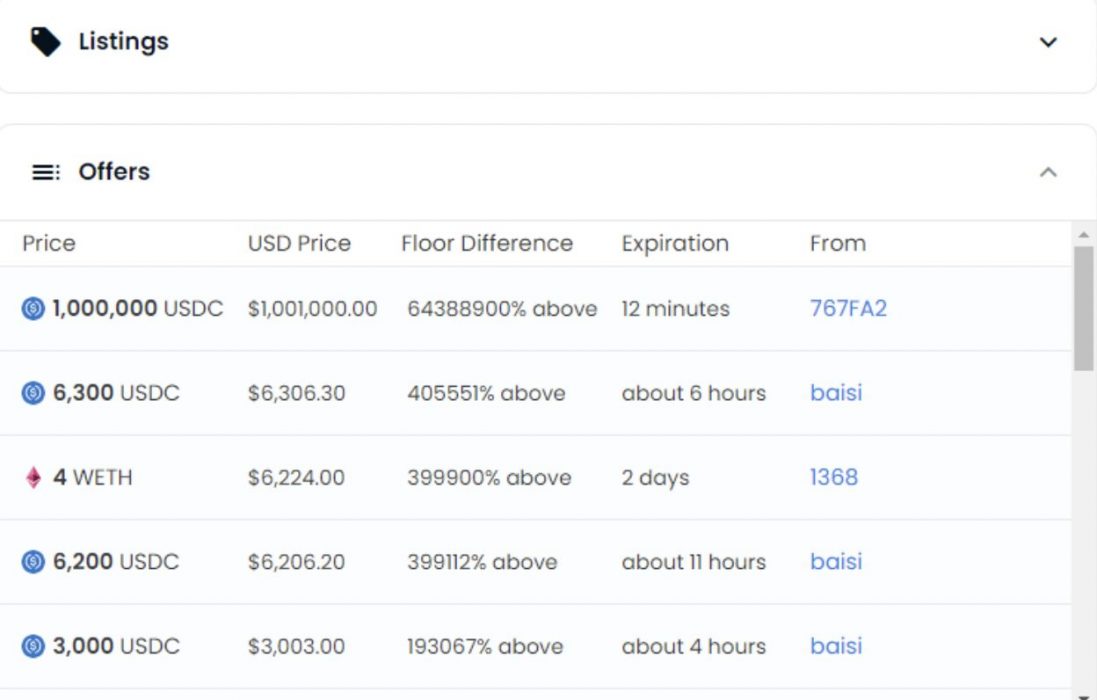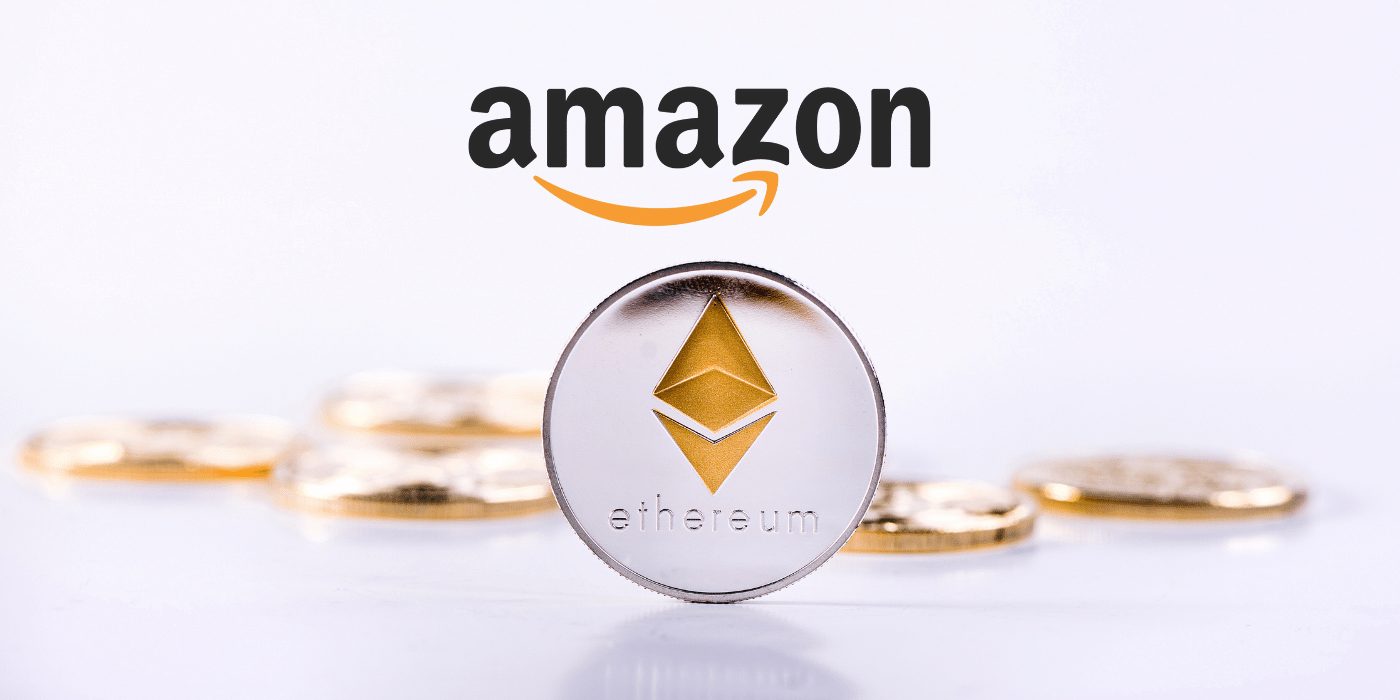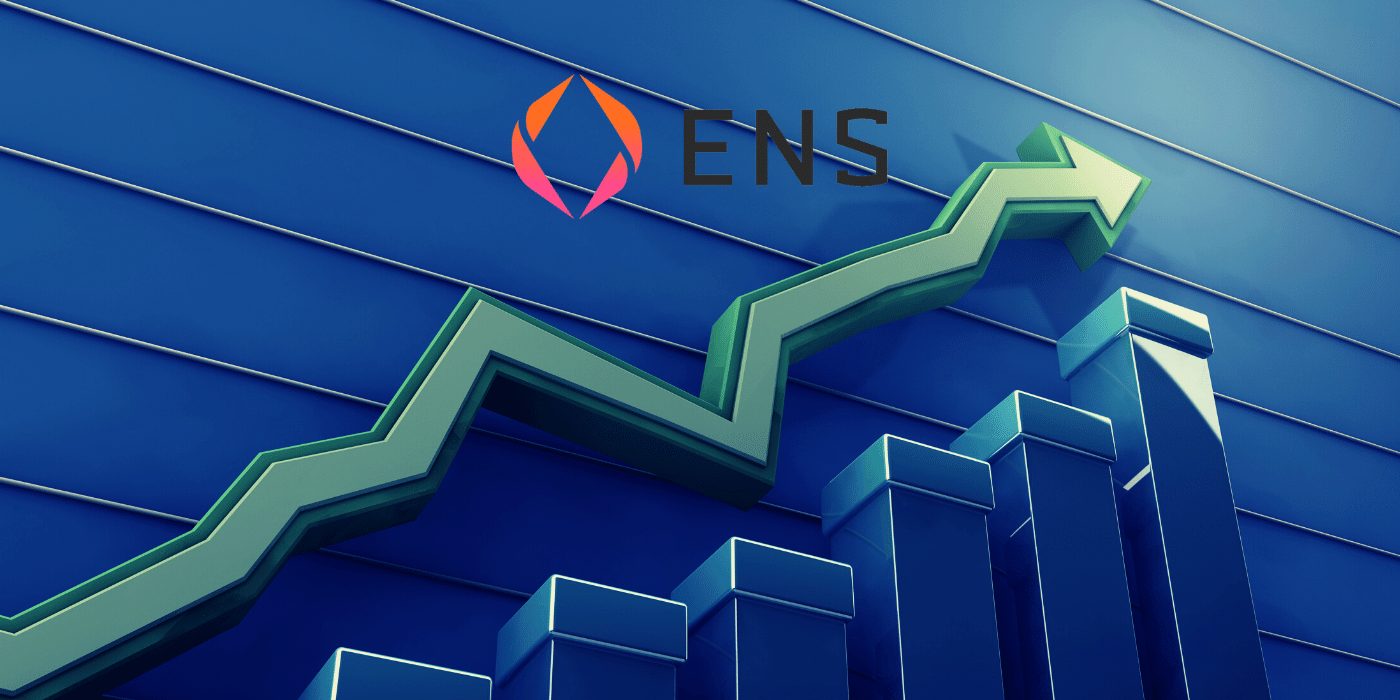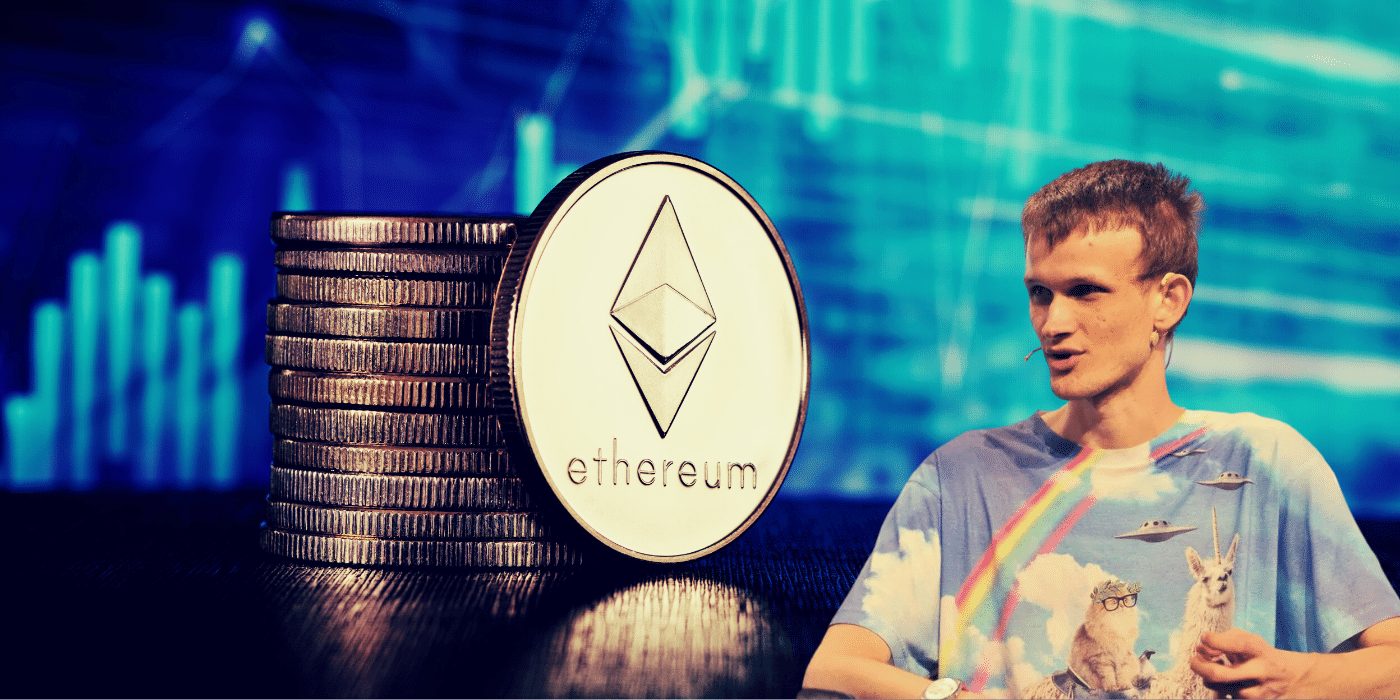The Ethereum Name Service (ENS) domain Amazon.eth received an offer this week to purchase for one million $1 million in USDC, a stablecoin pegged to the US dollar. The offer went unanswered, and no transaction took place.
Should it have gone through, the owner stood to make a 1,000 percent profit on the sale after having purchased the domain name for 33 ETH (worth about US$50,000 today) five months ago:
Interest in ENS Domain Names Soars
Despite the bear market, ENS domain names have been rather bullish. Some attribute the growing interest to their inherent utility, which makes crypto transactions easier. Earlier this month, someone paid 300 ETH for “000.eth”, and other bids for “Samsung.eth” and “Starbucks.eth” worth US$90,000 have come in.
In the first week of July, ENS registrations surged 216 percent. It is unclear whether the owner of the Amazon.eth domain was informed of the offers or did not consider them to be fair:
According to data from OpenSea, other bids for the domain average a modest US$6,200 in USDC. The domain is verified as official by ENS and is owned by an anonymous OpenSea user, 4761BF. The individual making the offer owns about 20 ENS names, with many of them relating to Amazon, including one called “jefferyjefferybazos.eth”.
The “amazon.eth” name was created on August 2, 2017, and expires on October 16, 2036, and was first registered on February 7, 2020.

What is ENS?
An ENS provides human-readable names to different aspects of the Web3 world, which would commonly include blockchain addresses. Like NFTs, ENS names can be bought and sold on secondary markets such as OpenSea and are often used by crypto users as part of their social media profiles.
Famous brands such as Budweiser took a dive into the crypto market last year and bought an ENS called “Beer.eth” for 38 ETH. Puma, following other sports brands like Nike and Adidas into the metaverse, also bought a decentralised .eth URL from ENS and has signalled its intent by renaming itself “puma.eth” on Twitter.




